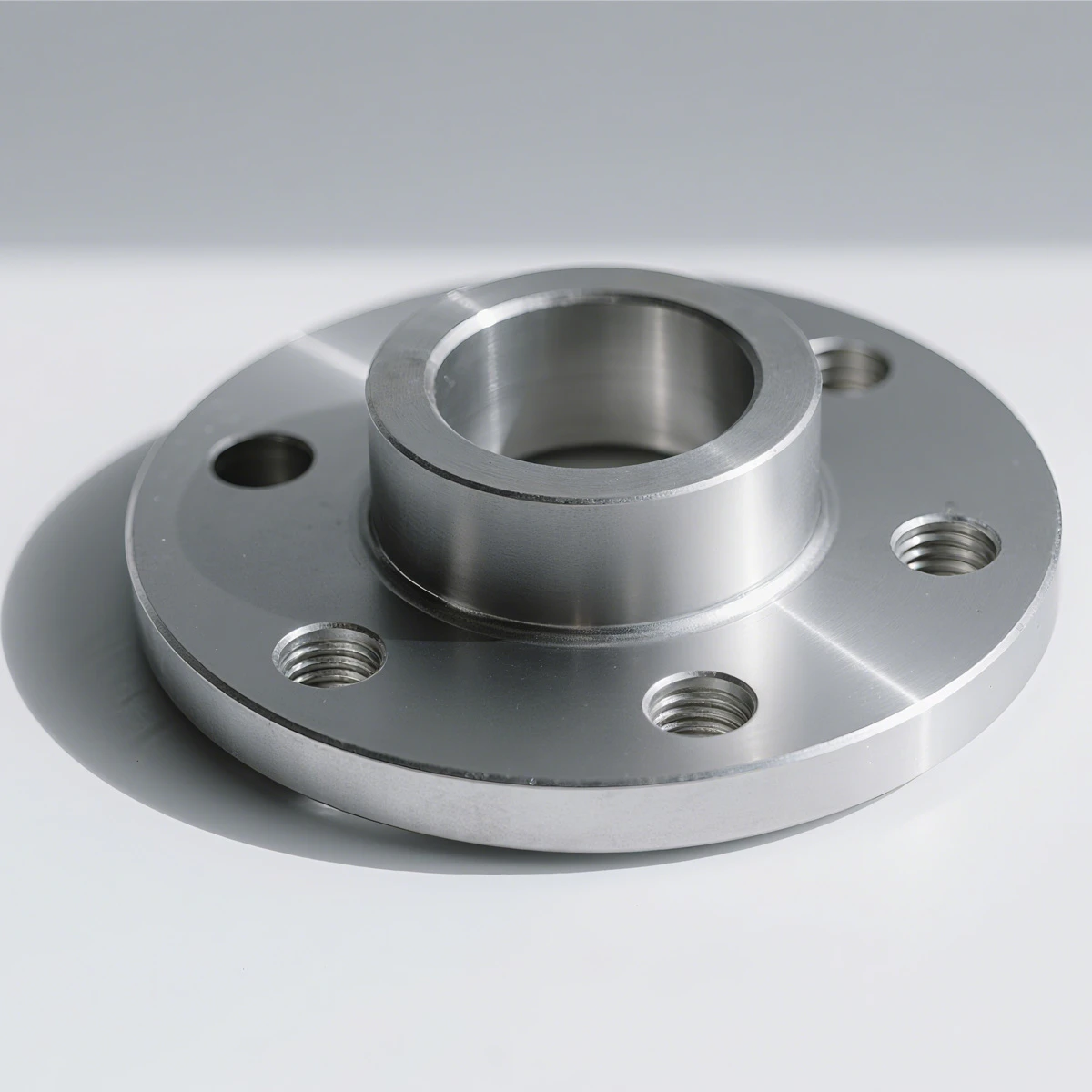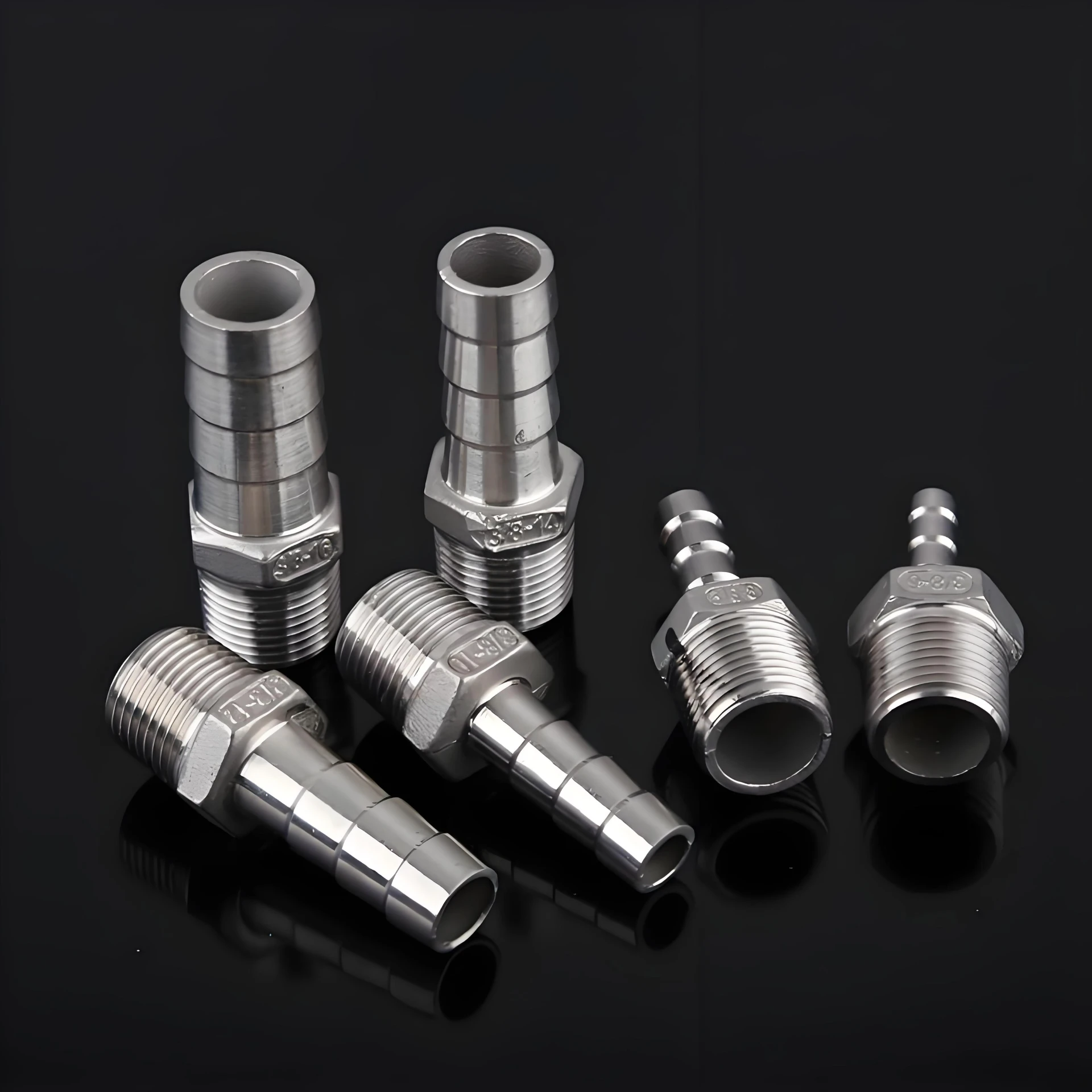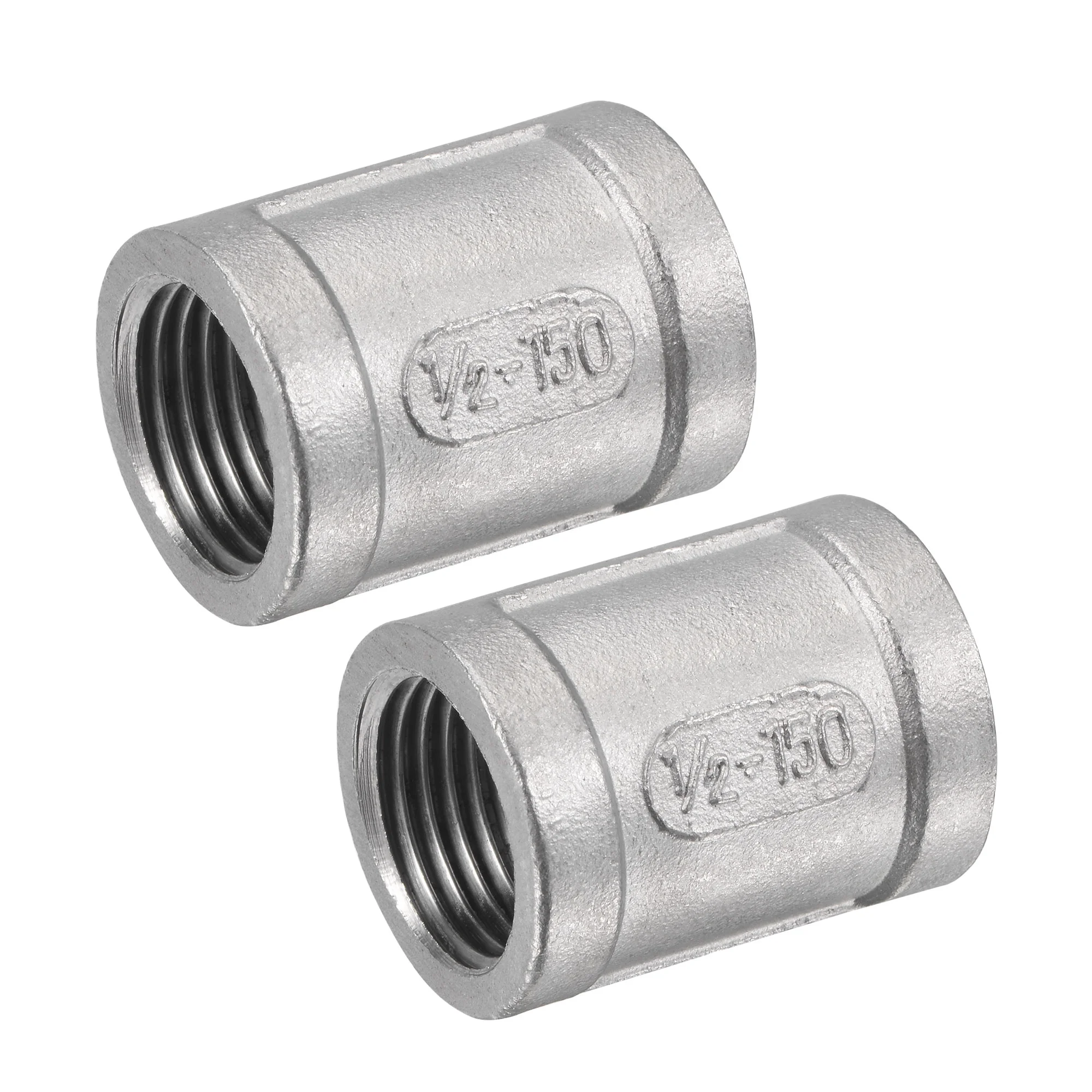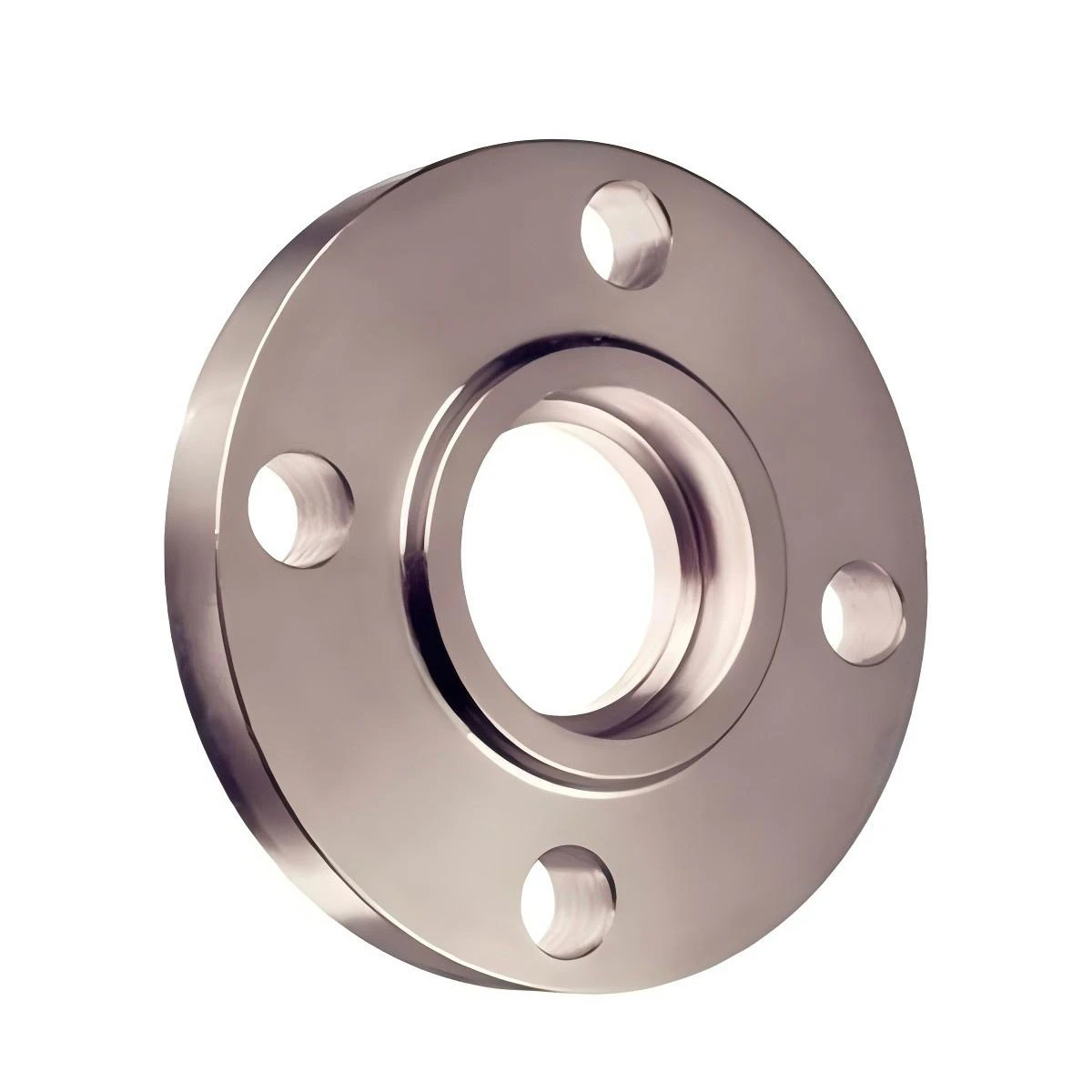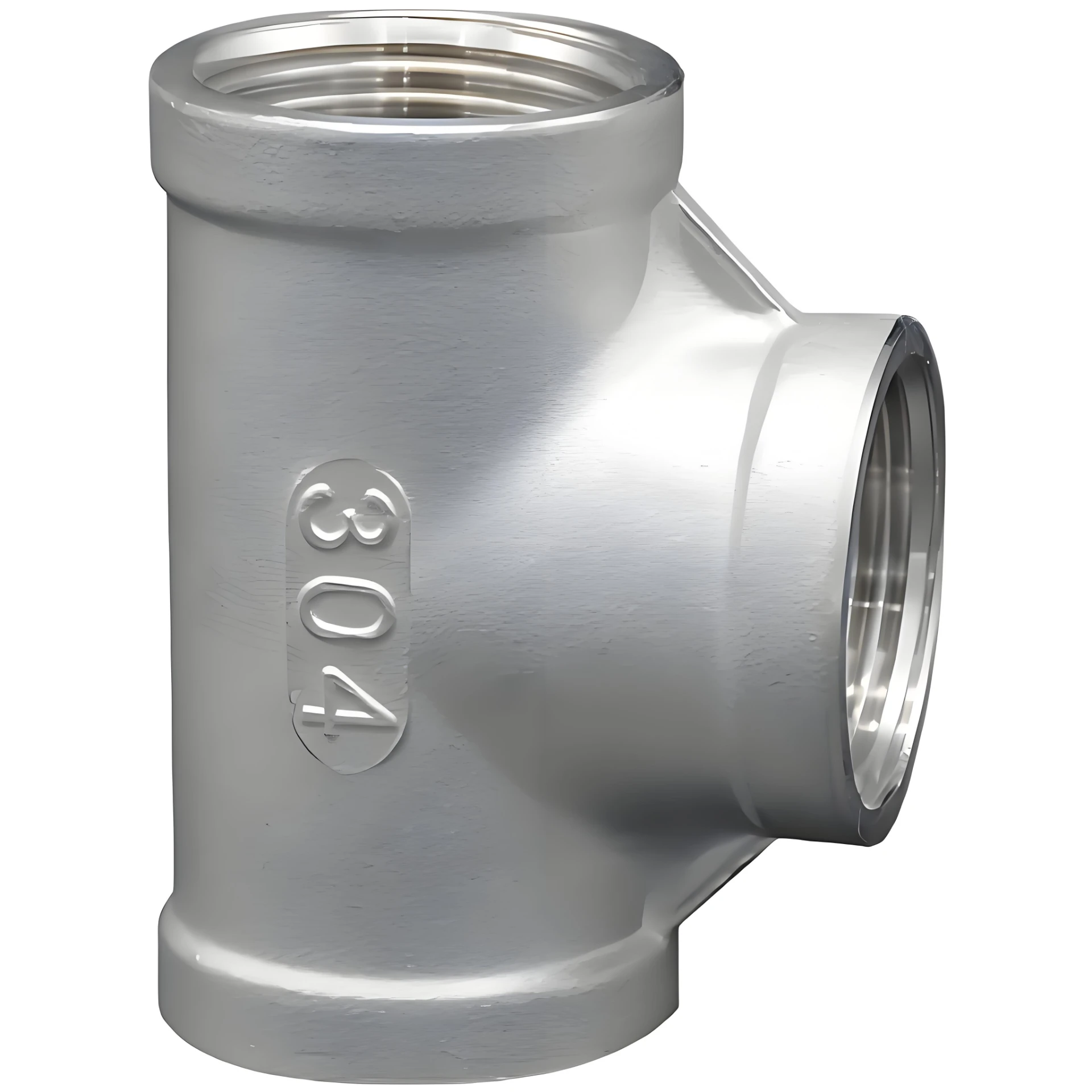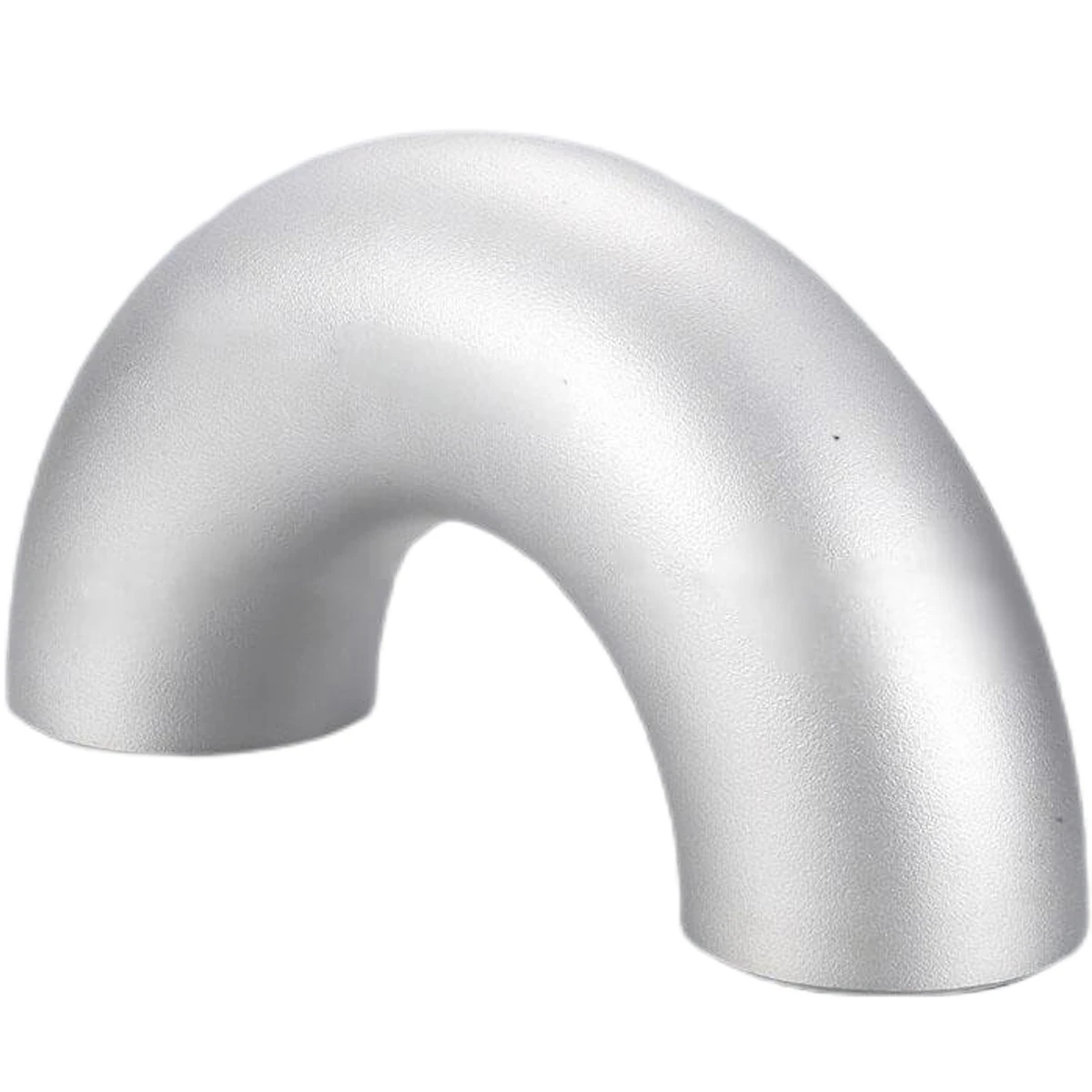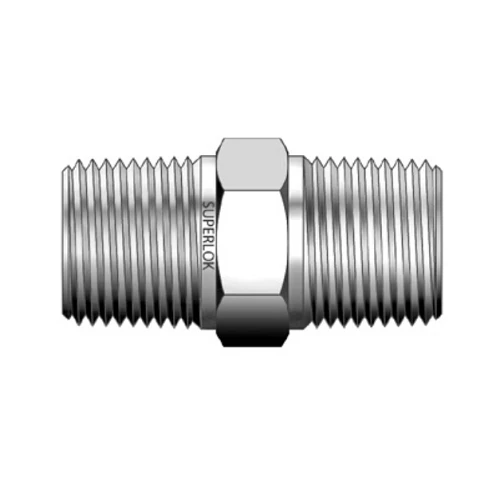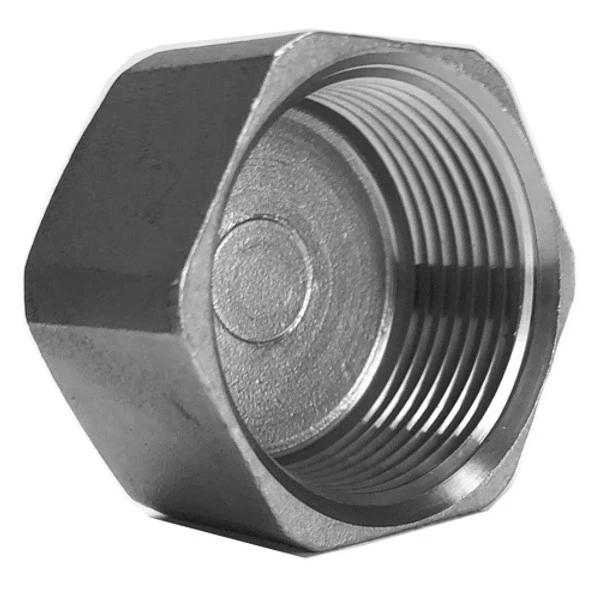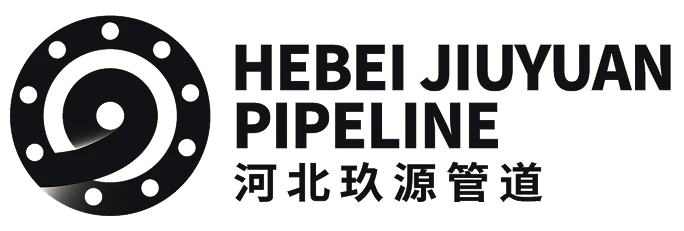
- Albanian
- Arabic
- Armenian
- Azerbaijani
- Belarusian
- Bengali
- Bulgarian
- Croatian
- Czech
- Danish
- Dutch
- English
- Esperanto
- Finnish
- French
- German
- Greek
- Hebrew
- Hungarian
- Indonesian
- irish
- Italian
- Japanese
- Khmer
- Korean
- Kyrgyz
- Lao
- Latin
- Lithuanian
- Malay
- Myanmar
- Norwegian
- Persian
- Polish
- Portuguese
- Romanian
- Russian
- Serbian
- Slovak
- Slovenian
- Spanish
- Swedish
- Tagalog
- Thai
- Turkish
- Turkmen
- Uzbek
- Vietnamese
- Zulu
Steel Tubes In Construction & Infrastructure
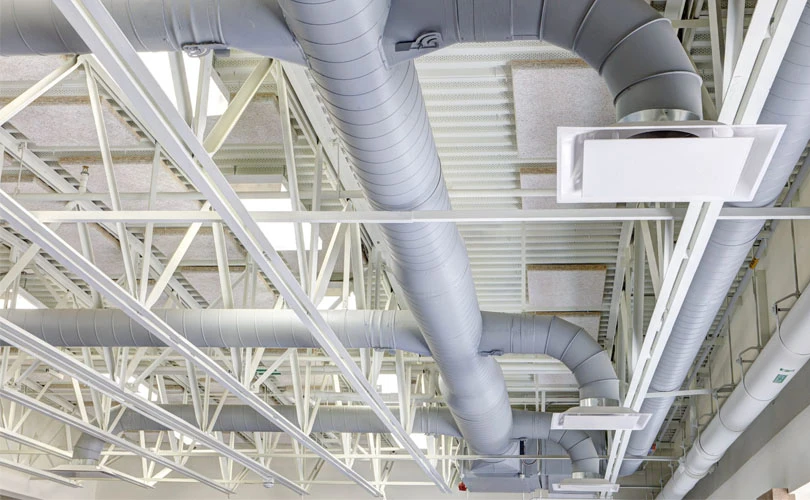
Structural Frameworks
Steel tubes are extensively used as structural members in commercial, residential, and industrial buildings. Their high strength-to-weight ratio allows architects and engineers to design lighter yet stronger frameworks, enabling larger spans and innovative architectural forms. Hollow structural sections (HSS) or tubular steel columns and beams offer excellent resistance to bending and torsional forces, making them ideal for supporting floors, roofs, and walls. Their uniform cross-section and clean lines also contribute to aesthetic appeal in exposed structural designs.
Bridges and Elevated Structures
In bridge construction, steel tubes serve as essential components such as truss members, piles, and piers. Tubular steel piles are driven into the ground to provide deep foundation support, especially in areas with poor soil conditions. The corrosion resistance and fatigue strength of steel tubes make them suitable for long-span bridges subjected to dynamic loads and harsh weather. Their ability to absorb impact and vibration improves the durability and safety of transportation infrastructure.
Scaffolding and Temporary Structures
Steel tubes are widely employed in scaffolding systems, providing safe and stable platforms for workers during construction, maintenance, and repair. The modular nature of tubular scaffolding allows quick assembly and disassembly, adaptability to various heights and shapes, and load-bearing capacity to support personnel and materials. Steel’s toughness ensures that scaffolding can withstand accidental impacts and harsh environmental conditions.
Utility and Pipeline Infrastructure
Steel tubes are fundamental in infrastructure projects involving water supply, sewage, gas distribution, and electrical conduit systems. Their strength and corrosion resistance make them suitable for underground and aboveground pipelines that transport fluids and gases safely and efficiently. Steel tubes used in utility conduits protect cables and wires from mechanical damage and environmental exposure, ensuring reliable delivery of electricity and communication services.
Fencing, Railings, and Architectural Features
Beyond structural applications, steel tubes are popular in architectural and decorative elements such as fencing, handrails, balustrades, and pergolas. Their versatility in shapes and finishes allows customization to meet aesthetic and functional requirements. Powder coating and galvanization protect steel tubes against rust and wear, making them suitable for outdoor and public spaces.
Transportation Infrastructure
Steel tubes are used in the construction of transportation infrastructure, including tunnels, railway supports, and airport facilities. Tubular steel supports provide the necessary strength and flexibility to withstand dynamic loads from vehicles, trains, and aircraft. Their durability ensures long service life and reduced maintenance costs in critical transportation networks.
Steel tubes are a cornerstone of modern construction and infrastructure, offering unmatched strength, versatility, and longevity. Their use across structural frameworks, bridges, utility systems, and architectural applications highlights their essential role in creating safe, efficient, and sustainable built environments. Continuous advancements in steel manufacturing and protective coatings further enhance their performance, enabling engineers and architects to push the boundaries of design and functionality.
-
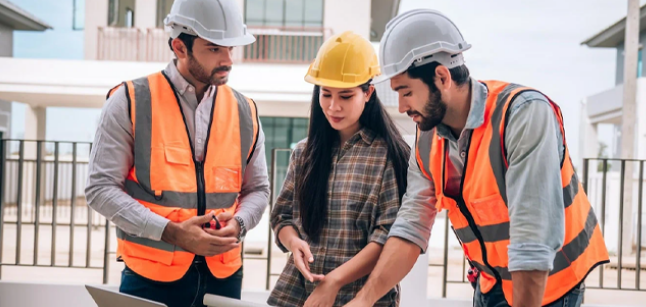 Aug. 22, 2025
Aug. 22, 2025In the pipeline fitting wholesale industry, HEBEI JIUYUAN PIPELINE MANUFACTURING CO.,LTD. is a relia
-
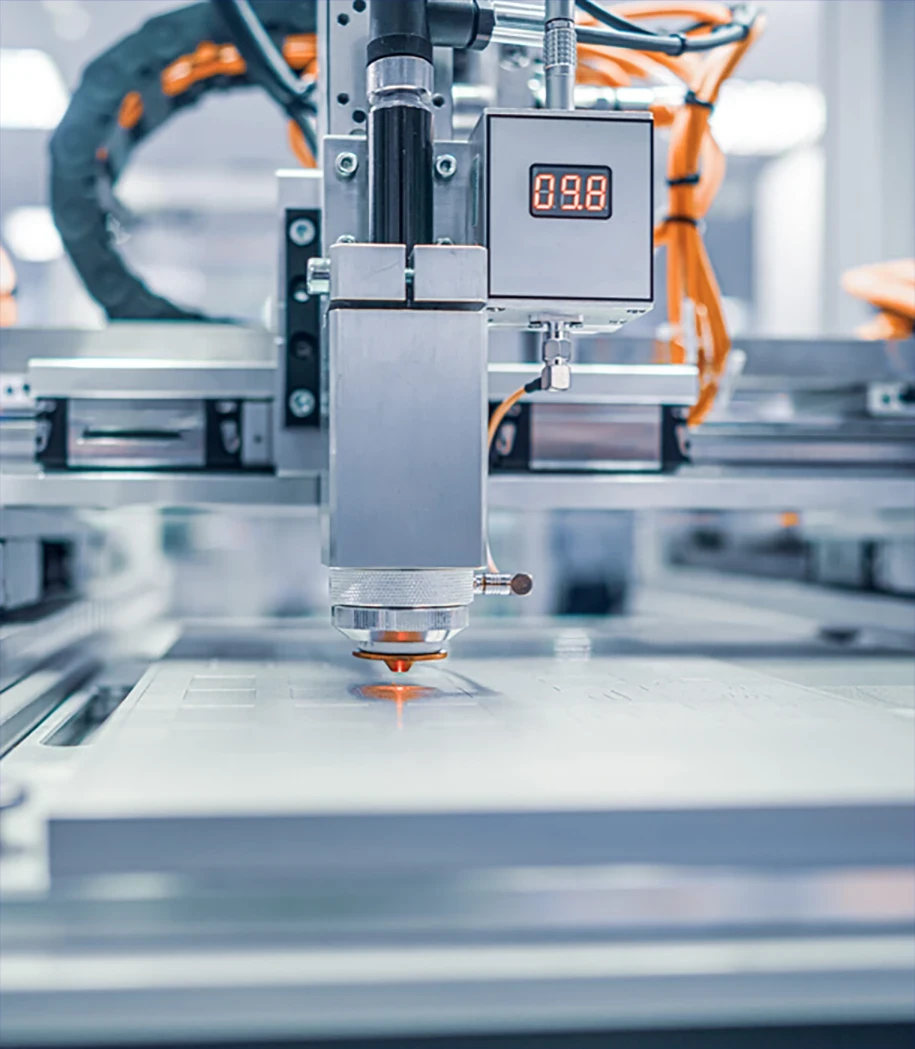 May. 27, 2025
May. 27, 2025Plastic pipe fittings, in particular, are witnessing substantial growth due to their cost-effectiveness and versatility.
If you are interested in our products, you can choose to leave your information here, and we will be in touch with you shortly.
